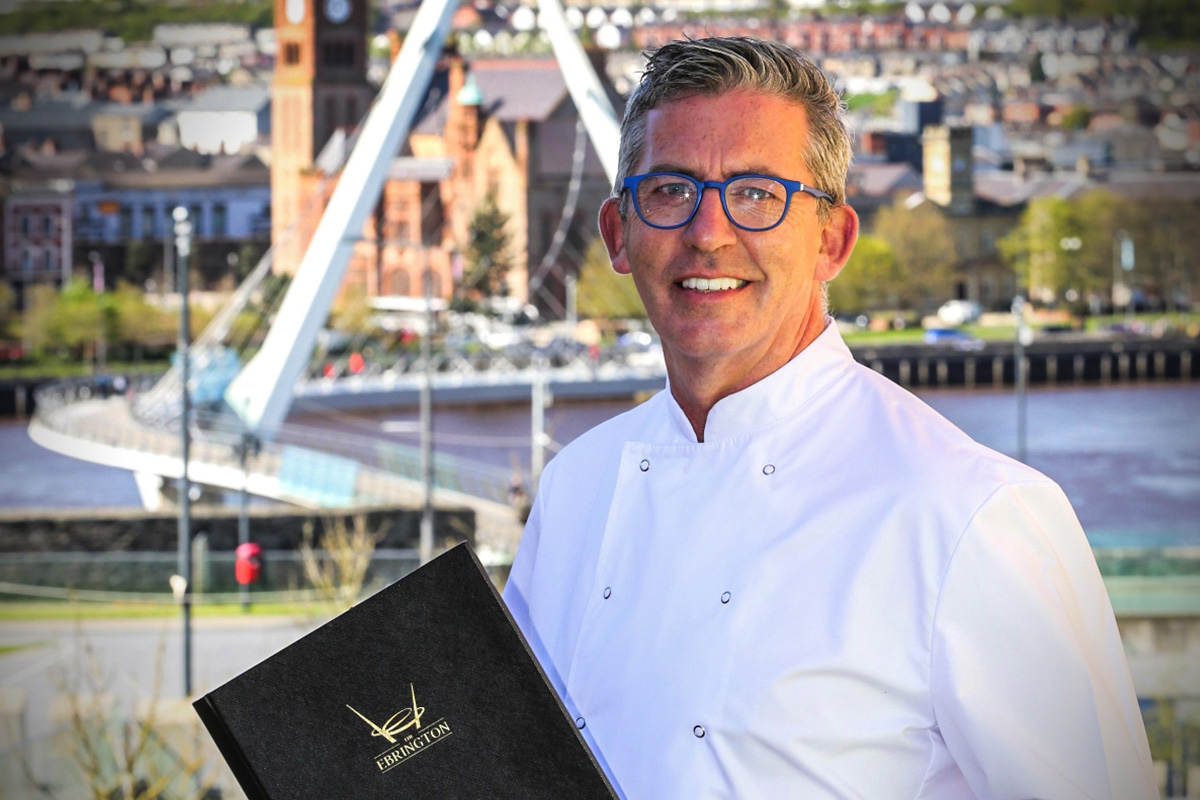Recent studies have affected the recognition of young people Policy Exchange Report ReviewFood and drink safety gaps in the UK have highlighted the need for investment in the sector and research and development.
The report says that while the country is currently operating efficiently and sophisticatedly, it needs to focus on agritech, robotics, as well as a holistic change in innovation management across the sector.
What can the UK learn from other European countries' food and drink development strategies and R&D policies?
The Climate Smart Food Digital Summit is free!
Ireland
Ireland's food and drink industry has been flexing its muscles for years, promoting the benefits of its fertile, green lands through embassies around the world and organisations like Bord Bia.
Over the last three decades, Ireland has grown from 800 active R&D organisations spending €300 million a year to almost 1,800 R&D groups spending €3 billion by 2022.
By 2021, this country will have the highest proportion of R&D in companies and the most innovative companies in Europe.
This is not organic growth. Nearly €950 million has been invested by the Irish government in R&D activities in the MedTech and pharmaceutical sectors, as well as in technology.
Companies focusing on R&D can also benefit from a tax credit of 25 % on all expenses.
South Korea
The MSS is a ministry that promotes entrepreneurship and supports small businesses and startups. It also sells the message to residents of the country and those outside the country.
It keeps an eye on policy, tax and regulatory reforms. The MSS also identifies issues and burdens that negatively impact SMEs and emerging industries. The MSS then works with government agencies and organizations to help remove these barriers.
Start-ups can also apply for a 50% reduction in their corporate tax. Those in certain regions, outside major cities, may be eligible for a tax deduction.
Israel
Israel is a leader in innovation, boasting the world's highest concentration of growing companies and start-ups per capita.
The Policy Exchange reported that “Israel has created more than 71 unicorns worldwide, 29 of which are still headquartered here.” The Policy Exchange report stated that “Israel is able to scale innovation because of generous public funding, the bridge between R&D and the consumer market, and a non-protectionist approach to intellectual property by its universities.”
Additionally, the country offers financial investments and emphasizes skill development. It also encourages entrepreneurial talents to follow their instincts and launch new industries.
The report states that "Israel's higher education institutions focus on technology and innovation, and expose students to entrepreneurs, venture capitalists and business leaders."
Zell Entrepreneurship, for example, has supported 140 companies over the past 20 years. 84 are still active and 22 have been sold or merged, for a total value of 112 million euros.
The report states that "linking R&D to consumer markets through early government investment enables Israeli companies to bridge the gap between initial research and successful innovation."
Israel has an established and recognized innovation ecosystem, and it is a country with a history of innovation. It focuses on its strengths in Agritech and Healthcare. Sufresca and Bluetree Technologies are two examples of Israeli startups that have succeeded in the food industry.
Singapore

Singapore has developed a supportive food ecosystem through collaboration and resource sharing under its FoodInnovate initiative, a multi-agency programme that aims to grow the agri-food industry through innovation.
Enterprise Singapore, IPI Singapore, JTC Corporation, Singapore Food Agency and the Agency for Science, Technology and Research were all involved in establishing the agency.
FoodInnovate is a new initiative that has been created to help food companies develop and commercialize food products rapidly through the use of cutting-edge technologies and a shared network.
The Food Innovation Resource Centre makes it easier to test new ideas. This means companies don't need to spend money on expensive technology, such as high-pressure processing equipment.
The Policy Exchange report said that "a shared facility for renting equipment to test food products in small quantities is an example of available support infrastructure that has characterised innovation in Singapore."




